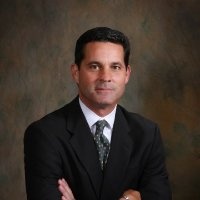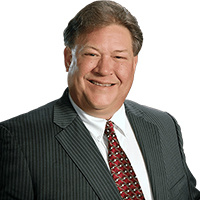Plain Dealing Felony Lawyer, Louisiana
Sponsored Law Firm
-
 x
x

Click For More Info:
-
Babcock Trial Lawyers
10101 Siegen Ln #3-C Baton Rouge, LA 70810» view mapCriminal Defense We Want Your Injury Claim PAID NOW!
At Babcock Trial Lawyers, we work for our clients, maintaining our reputation of excellence as criminal defense & personal injury lawyers in Baton Rouge.
225-500-5000
Not enough matches for Plain Dealing Felony lawyer.
Below are all Plain Dealing Criminal lawyers.
Thomas A. Bordelon
✓ VERIFIED *Status is reviewed annually. For latest information visit hereTHOMAS A. BORDELON was born in San Antonio, Texas on December 6, 1959. Mr. Bordelon graduated cum laude from Louisiana State University at Shreveport... (more)
Mark Daniel Frederick
✓ VERIFIED *Status is reviewed annually. For latest information visit hereMark D. Frederick has over 20 years of legal experience, enabling him to handle the demands of your case regardless of the complexities involved. As y... (more)
Eric Gerard Johnson
✓ VERIFIED *Status is reviewed annually. For latest information visit hereAt the John D. & Eric G. Johnson Law Firm, LLC, attorney Eric Johnson is renowned for his handling of criminal cases throughout Minden and north Louis... (more)
J Ransdell Keene
✓ VERIFIED *Status is reviewed annually. For latest information visit herePracticing law for more than 40 years, J. Ransdell Keene is a trusted legal ally for clients throughout the Shreveport area and across Louisiana. As a... (more)
J. Dhu Thompson
✓ VERIFIED *Status is reviewed annually. For latest information visit hereDhu Thompson is a criminal defense, family law, and catastrophic injury lawyer in Louisiana. After graduating from Southern University Law School in 2... (more)
Jason A. Green
James C. McMichael
G. Warren Thornell
Christopher Clint Broughton
FREE CONSULTATION
CONTACT Stephen Babcock Baton Rouge, LA
Stephen Babcock Baton Rouge, LA Practice AreasExpertise
Practice AreasExpertise




